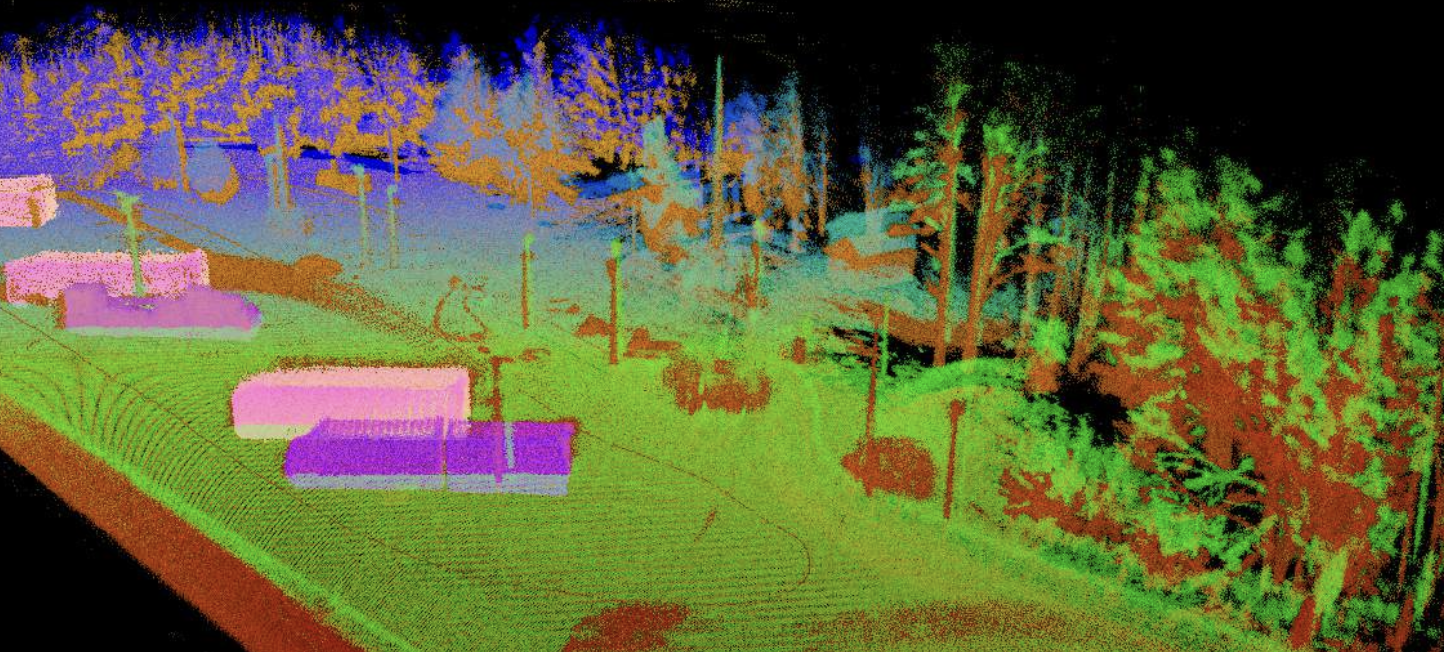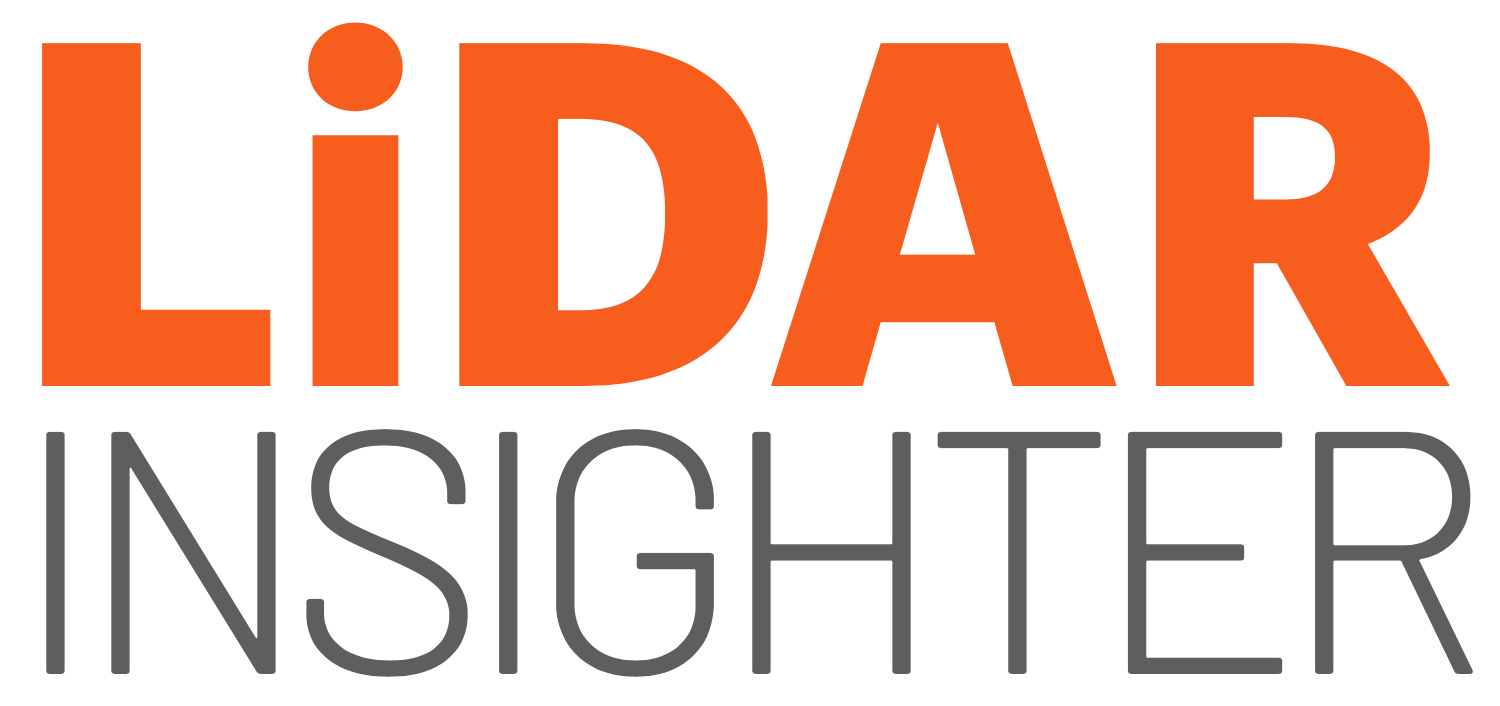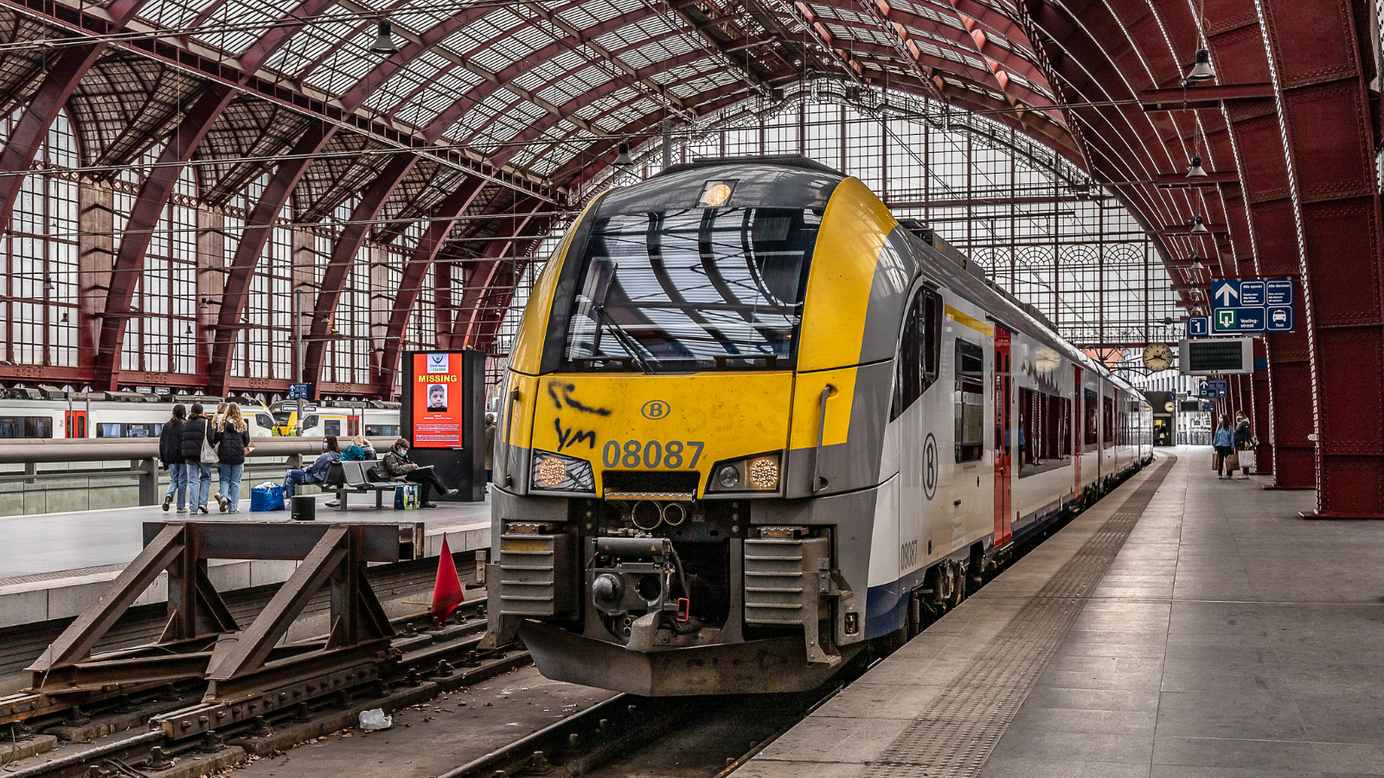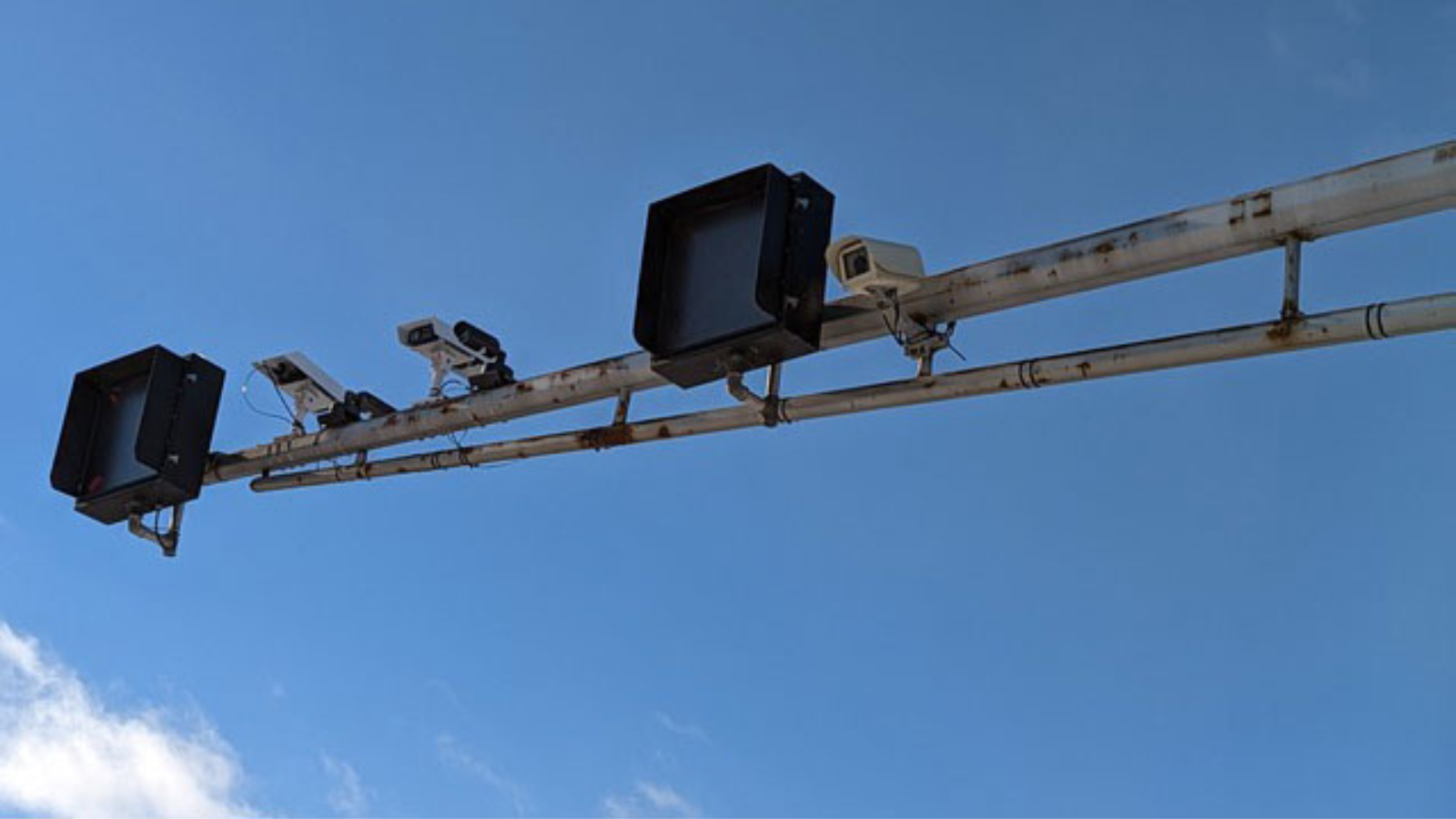
Lidar emerges as key player in future infrastructure projects
BIL created grant programs for lidar tech deployment in transportation, airports, research centers, and city streets to enhance safety and efficiency
The Bipartisan Infrastructure Legislation ("BIL") altered the financing environment for projects in the United States and expanded the use of lidar to improve safety on American roads and at junctions while achieving other crucial transportation goals.
The Department started awarding funding for BIL programs in February that aim to expand the deployment of lidar technology, which will be utilized in various ways as described below:
Airport Terminal Program:
The Department revealed almost $1 billion in awards for airport terminal upgrades on February 27, 2023. Lidar technology is now being employed in airports worldwide to heighten security and efficiency.

Compared to cameras, lidar sensors enable airport operators to monitor crowds and outdoor areas with greater visibility and range, even in varying weather conditions. Lidar sensors are also being used to streamline baggage and cargo movement at airports, resulting in benefits for travelers, businesses, and consumers.
The Lidar Coalition is currently striving to expand lidar deployment in airports by pushing for funding eligibility via the Federal Aviation Administration Reauthorization.
University Transportation Centers:
The Department announced $435 million in awards to University Transportation Centers ("UTC") on February 21, 2023. UTCs engage in research on various topics, such as autonomous vehicles, driver assistance, and drones.
Sensor and perception systems, including lidar, will be critical components in UTC research, especially in projects focused on enhancing safety, mobility, and infrastructure.

Safe Streets and Roads for All:
The Department announced on February 1, 2023, that the Safe Streets and Roads for All (“SS4A”) grant program would receive $800 million in awards. This program is designed to fund infrastructure improvements that create safer systems, including the deployment of innovative technologies.
Lidar deployments are among the eligible projects that can be funded under the SS4A program, as long as they are part of a safe system plan.
Over the upcoming months, lidar technology is set to assume a more significant role in Department activities.
The Department is anticipated to provide direction on a fresh intersection safety technology pilot program, distribute awards for groundbreaking technology, and unveil proposed regulations regarding pedestrian automatic emergency braking.
The Lidar Coalition will persist in informing federal policymakers about the advantages of lidar and representing the industry's advocacy endeavors.
The Lidar Coalition is composed of ten prominent companies operating within the lidar ecosystem, including manufacturers of hardware, tier 1 suppliers, a software provider and semiconductor developers.
LiDAR INSIGHTER Newsletter
Join the newsletter to receive the latest updates in your inbox.





